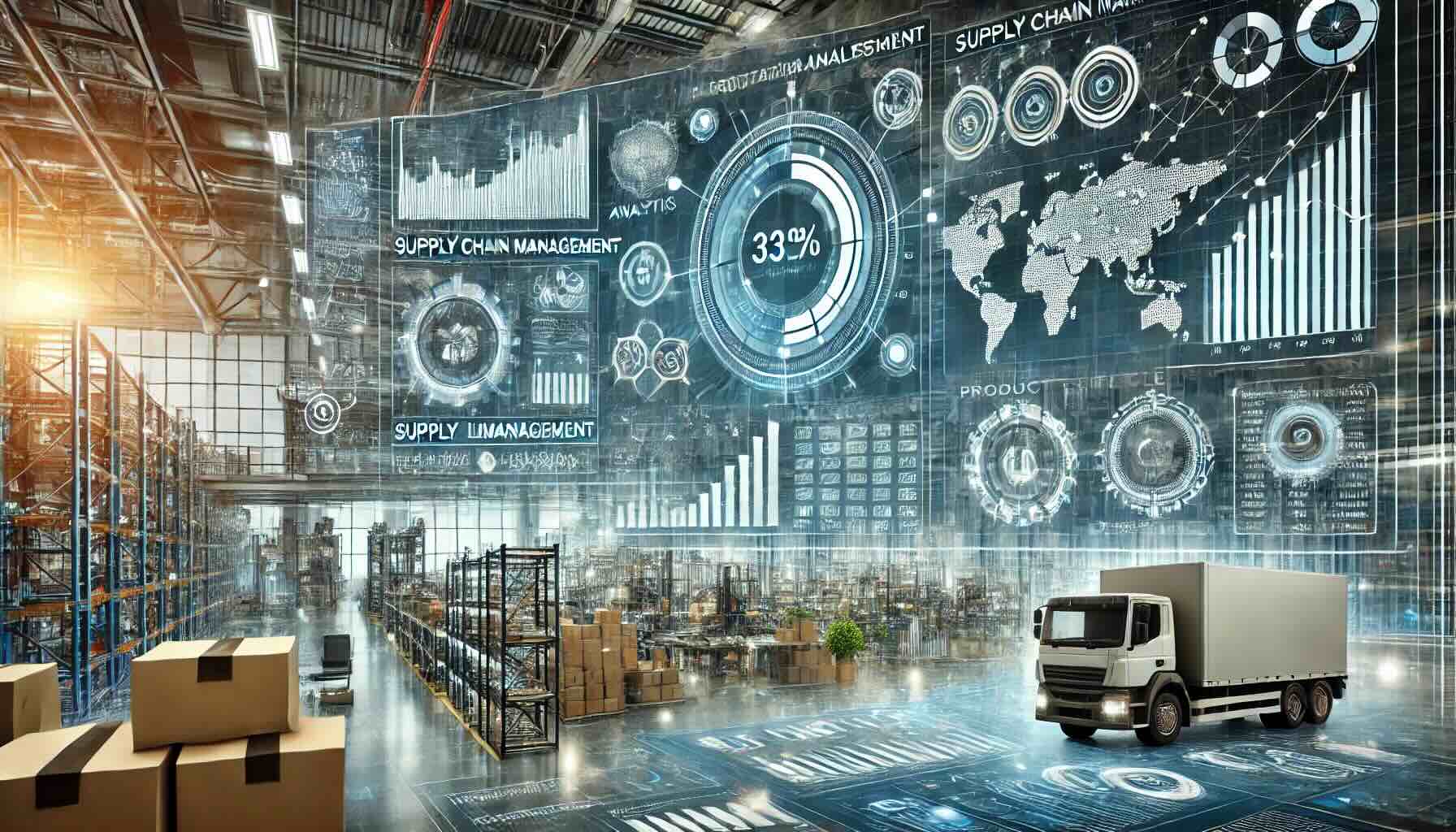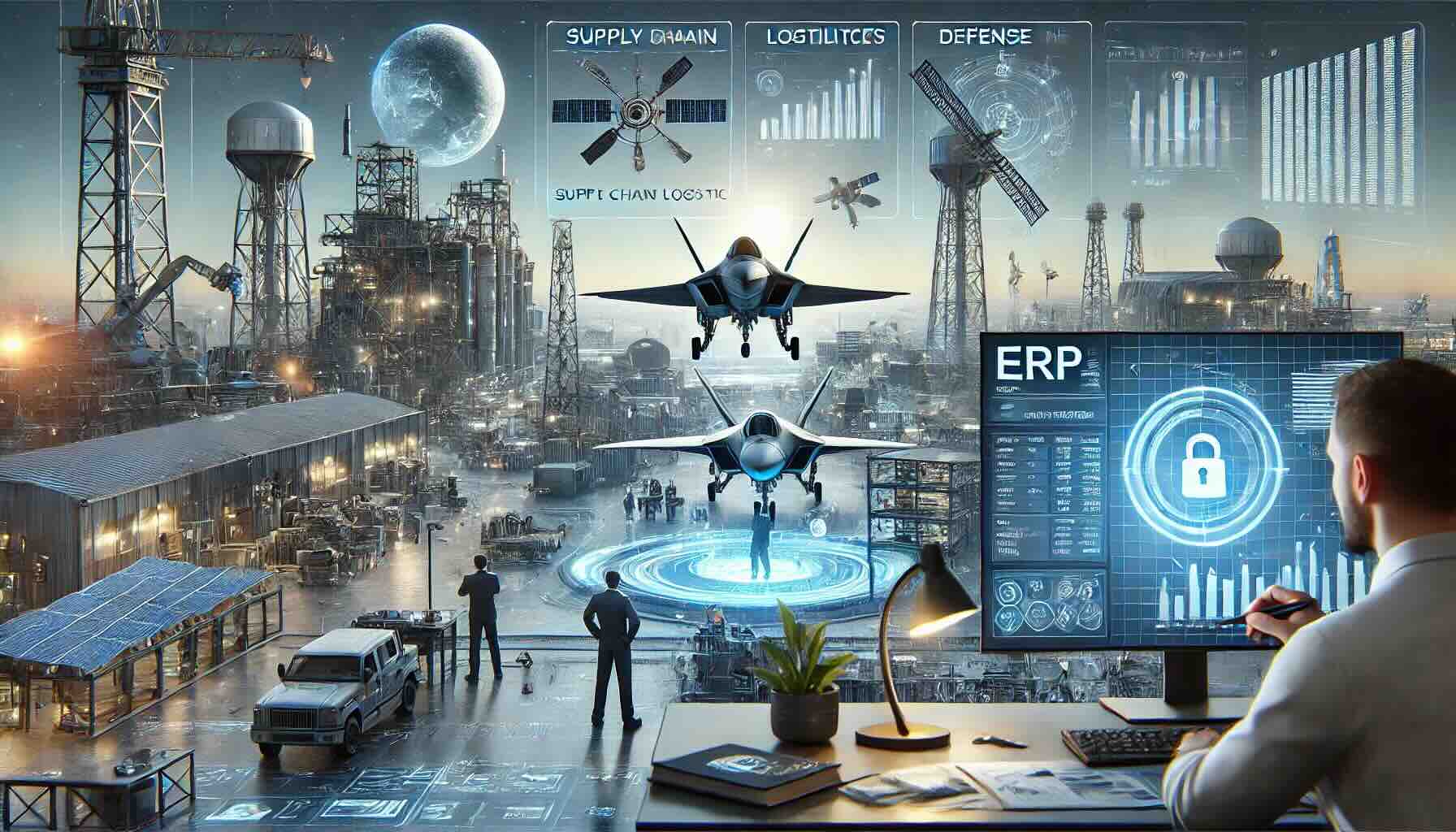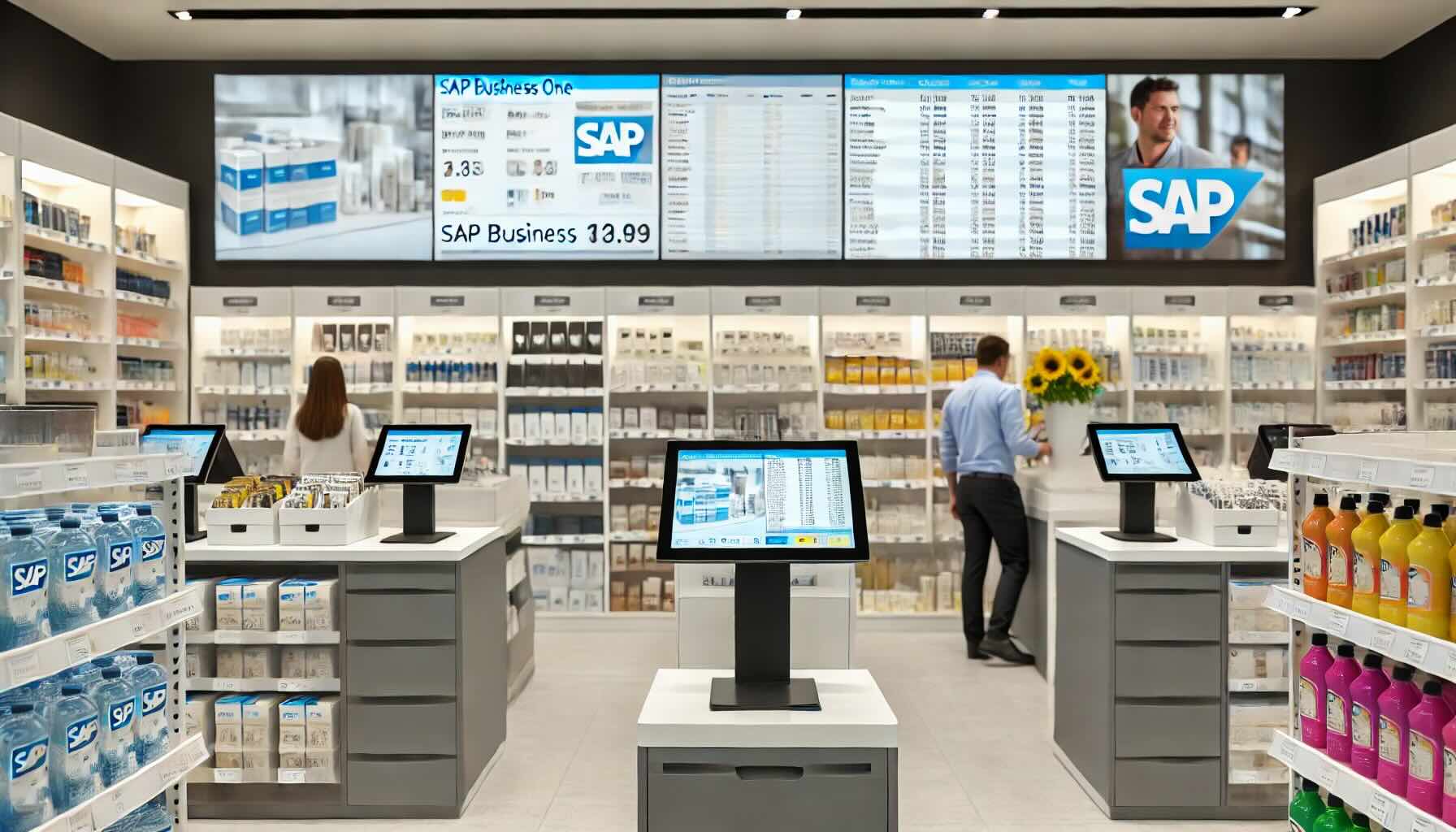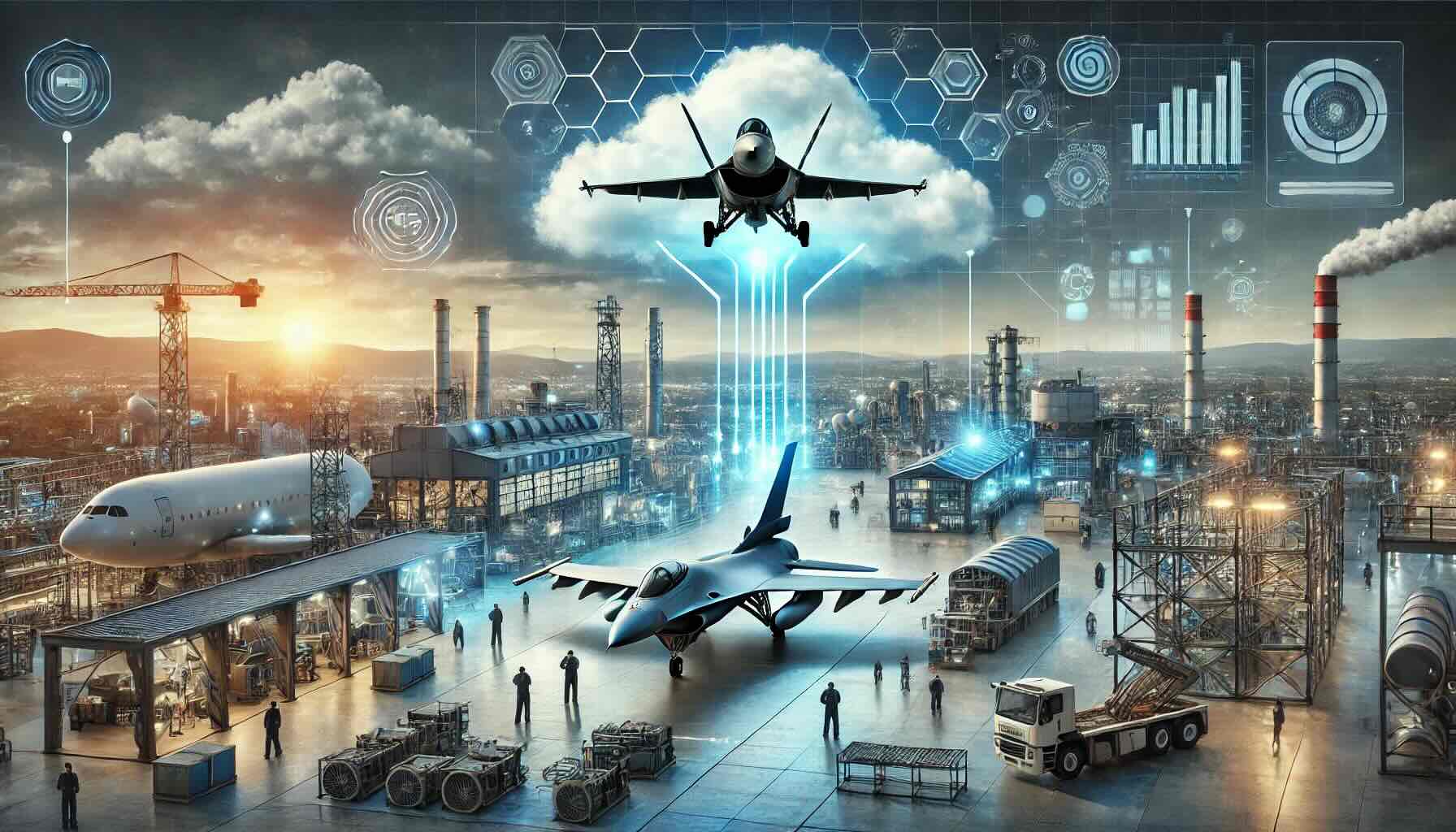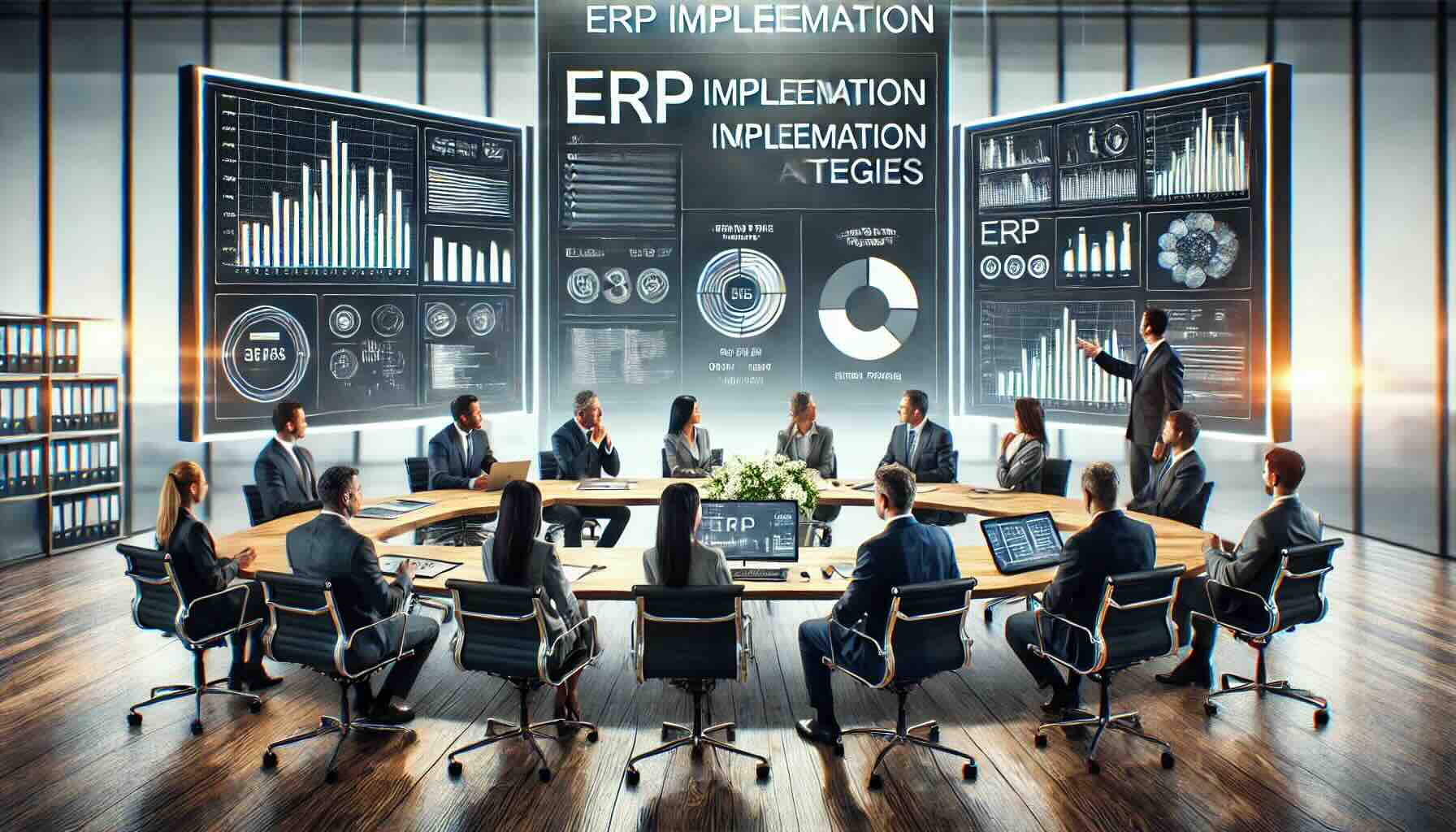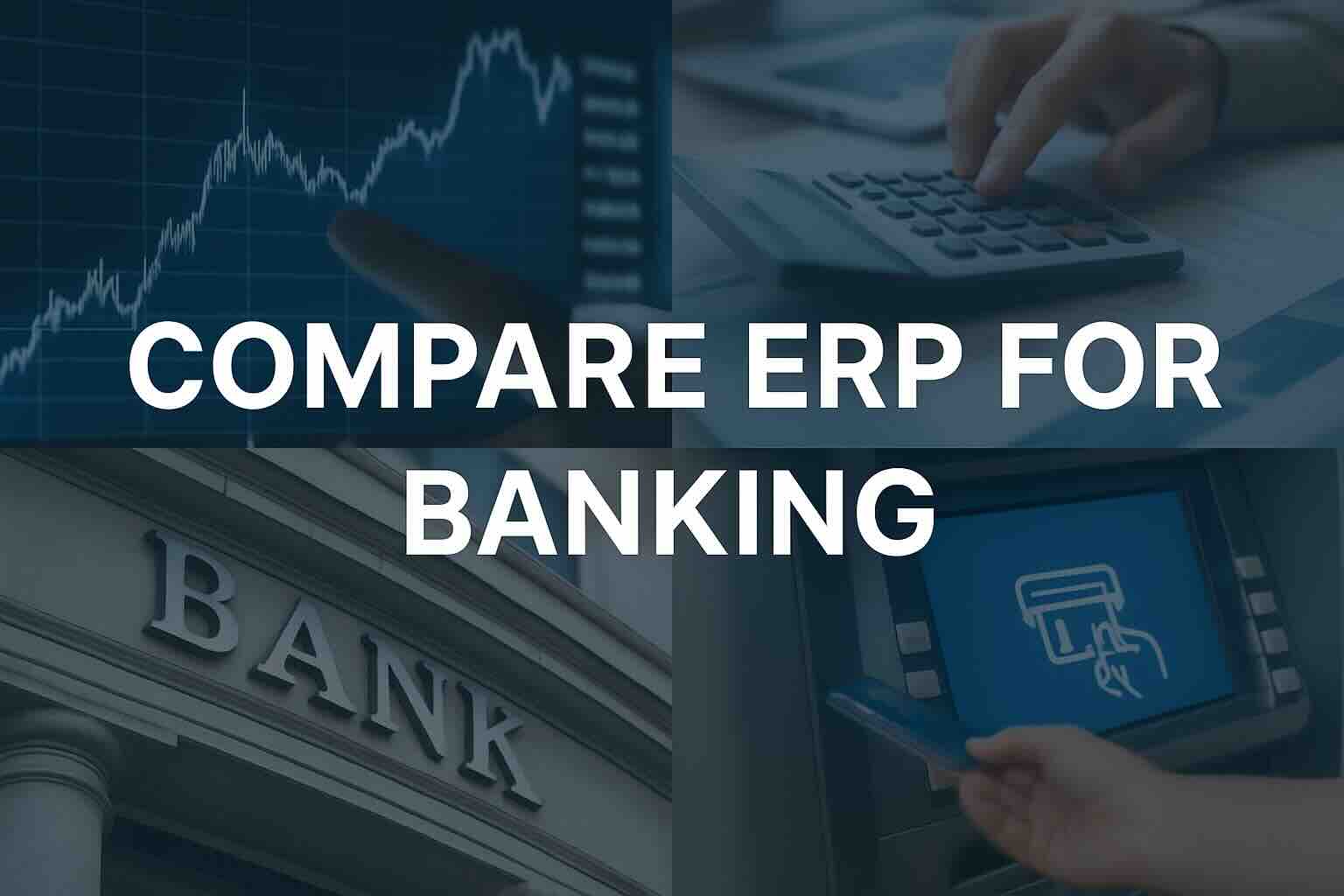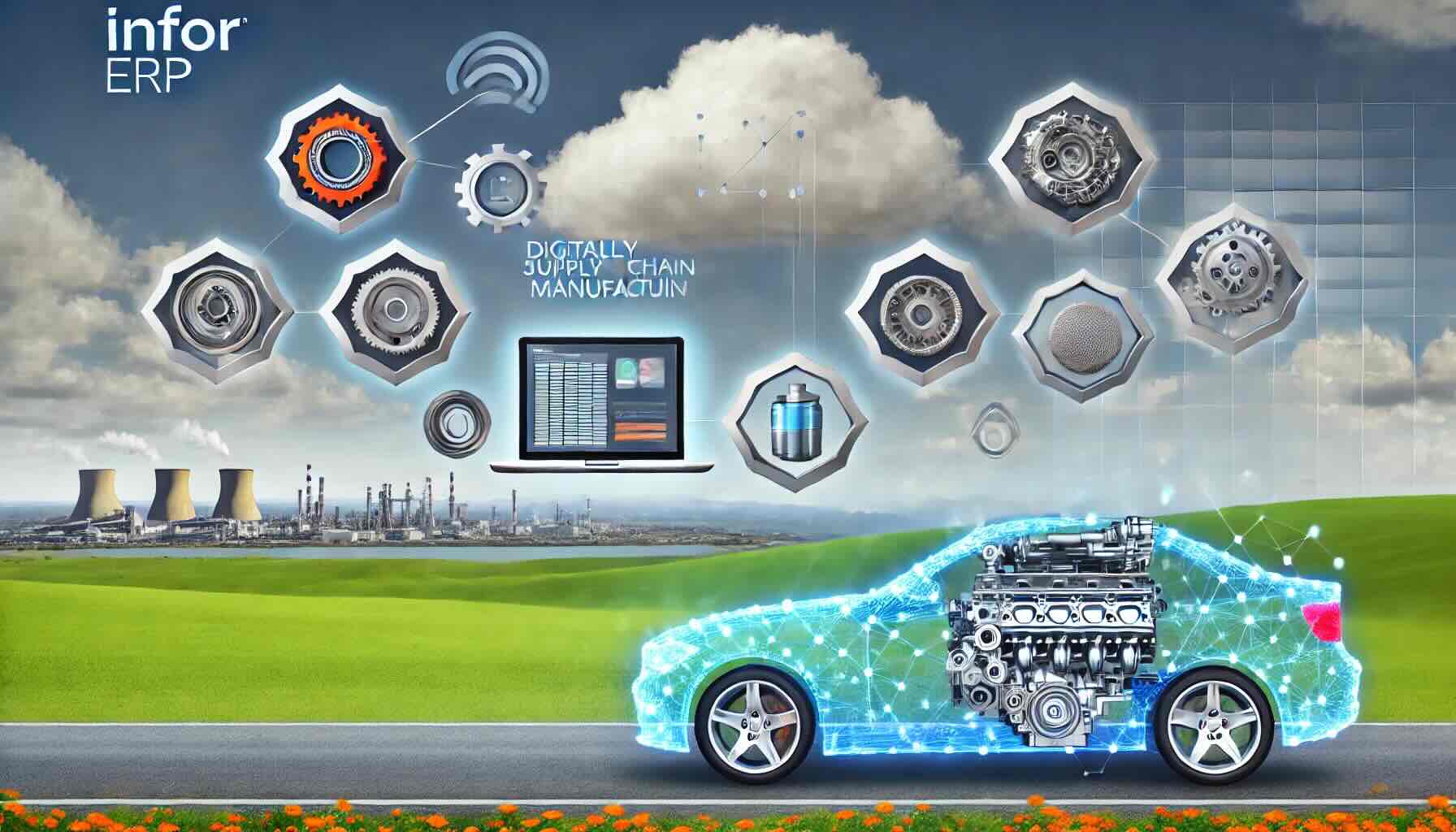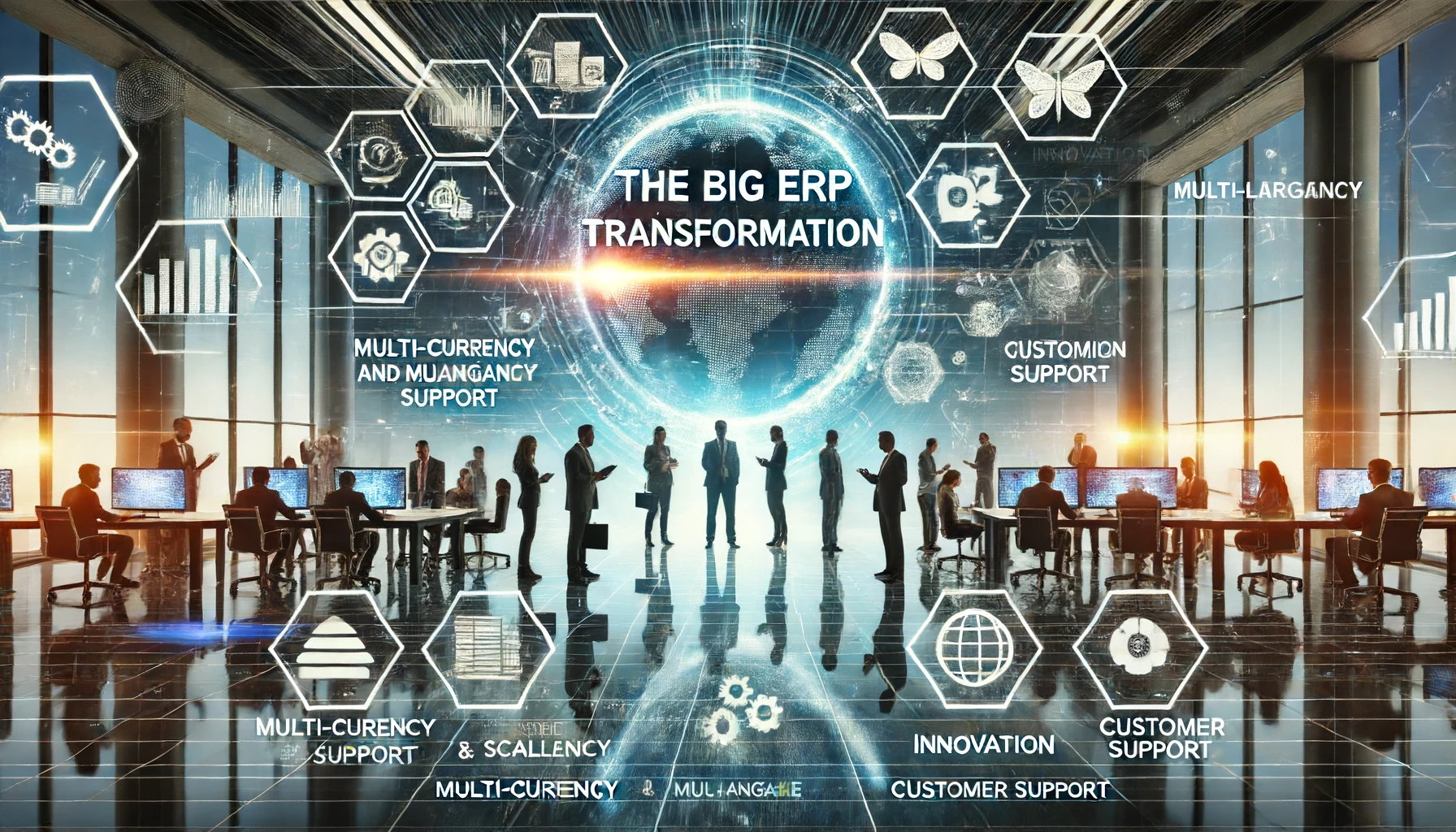Compare ERP for the Travel Industry
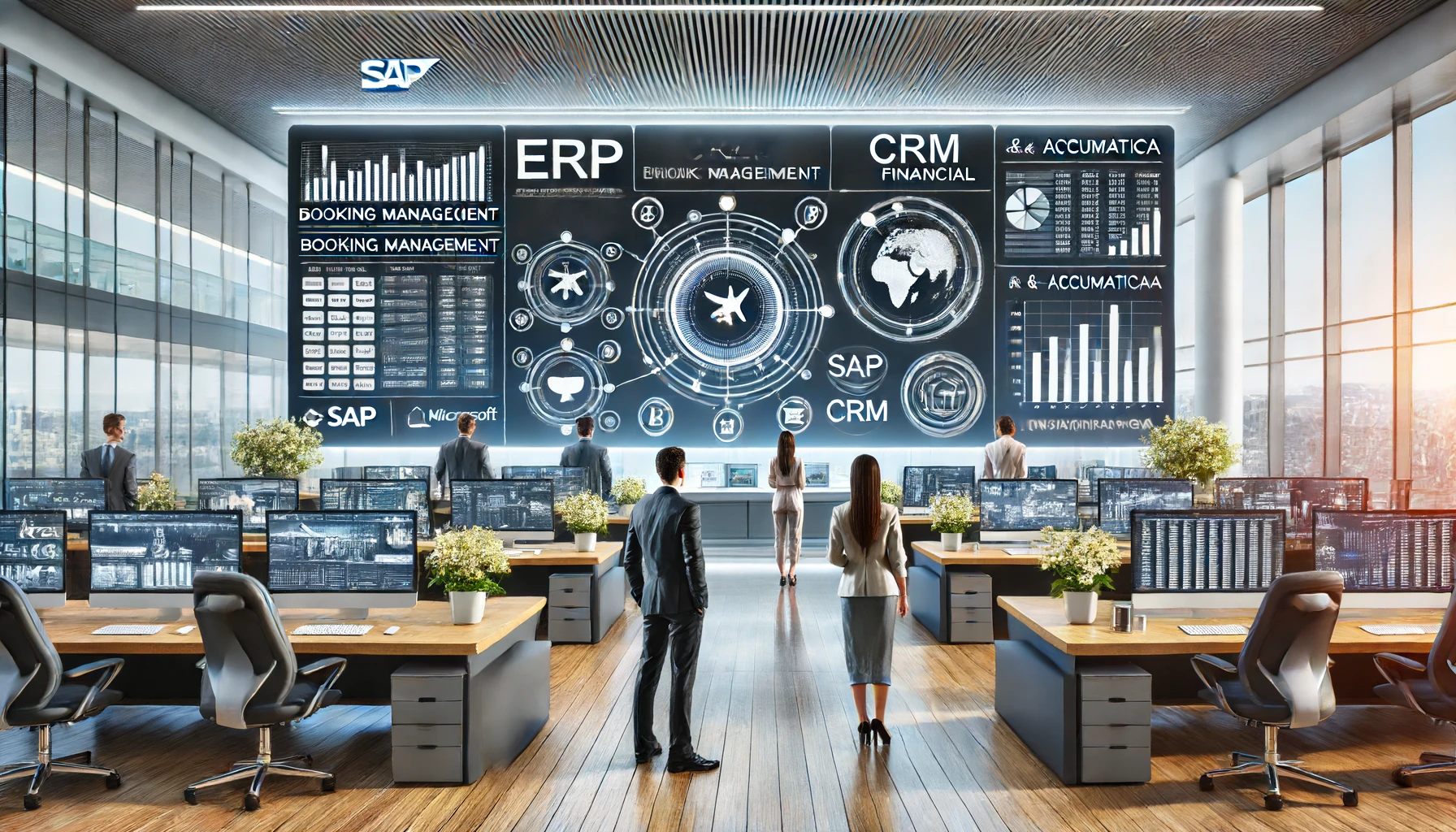
The travel industry is a dynamic and complex sector that requires robust and flexible solutions to manage its unique challenges. When you compare ERP for the travel industry, it’s crucial to consider how well each system can handle the intricacies of travel management, from booking and reservations to customer relationship management and financial reporting. This blog will guide you through the key considerations for selecting an ERP system for the travel industry and provide an overview of the strengths and weaknesses of the top five ERP vendors.
Understanding the Travel Industry’s ERP Needs
The travel industry involves managing vast amounts of data, coordinating with various service providers, and ensuring seamless customer experiences. Therefore, an ERP system for this industry should offer:
- Comprehensive Booking and Reservations Management: Efficient handling of bookings, cancellations, and modifications.
- Customer Relationship Management (CRM): Tools to manage customer interactions and improve service.
- Inventory Management: Effective tracking of travel packages, tours, and accommodations.
- Financial Management: Robust financial reporting and accounting features.
- Integration Capabilities: Seamless integration with other travel-related software and platforms.
Key Features to Look for When You Compare ERP for Travel Industry
When comparing ERP systems for the travel industry, consider the following key features:
- Booking and Reservations Management: Look for systems that offer comprehensive tools for managing bookings and reservations.
- CRM Capabilities: Ensure the ERP has robust CRM features to enhance customer interactions.
- Financial Reporting: Advanced financial management and reporting tools are essential.
- Scalability: The system should be able to grow with your business.
- Integration: Ensure the ERP can integrate with existing travel platforms and software.
Top ERP Systems for the Travel Industry
Here are the top five ERP systems for the travel industry, along with their strengths and weaknesses:
SAP S/4HANA
-
- Strengths: Comprehensive suite of features, strong financial management, excellent integration capabilities, robust analytics.
- Weaknesses: High cost, complex implementation process, requires significant training.
Click the link to find out more about SAP S/4HANA for travel.
Oracle NetSuite
-
- Strengths: User-friendly interface, excellent CRM capabilities, strong financial management, scalable.
- Weaknesses: Customization can be complex, higher cost for smaller businesses, requires regular updates.
Click the link to find out more about Oracle Netsuite for travel.
Microsoft Dynamics 365
-
- Strengths: Seamless integration with other Microsoft products, robust CRM and financial management tools, flexible and scalable.
- Weaknesses: Can be expensive, requires technical expertise for customization, some users find the interface less intuitive.
Click the link to find out more about Microsoft Dynamics for travel.
Infor CloudSuite
-
- Strengths: Strong industry-specific features, excellent inventory management, robust analytics, good integration capabilities.
- Weaknesses: Higher learning curve, cost can be prohibitive for small businesses, customization can be challenging.
Click the link to find out more about Infor for travel.
Acumatica
-
- Strengths: Cloud-based solution with excellent scalability, strong financial management, user-friendly interface, good integration capabilities.
- Weaknesses: Limited functionality for very large enterprises, customization options may require technical expertise, less known brand compared to larger ERP vendors.
Click the link to find out more about Acumatica for travel.
Making the Right Choice
When you compare ERP for travel industry, it’s crucial to align the ERP’s capabilities with your specific business needs. Here are some steps to guide your decision:
- Assess Your Needs: Conduct a thorough assessment of your travel management processes and identify your ERP requirements.
- Evaluate Vendors: Compare ERP vendors based on their strengths, weaknesses, and how well they meet your specific needs.
- Request Demos: Schedule demos to see how each ERP system handles your specific requirements.
- Consider Total Cost of Ownership: Factor in not just the initial costs, but also the long-term costs associated with maintenance, support, and upgrades.
- Check References: Speak with other travel companies that have implemented the ERP systems you are considering.
Conclusion
Choosing the right ERP system for your travel business is a critical decision that can impact your operational efficiency, customer satisfaction, and overall business success. By carefully comparing ERP systems and considering the unique needs of the travel industry, you can find a solution that not only meets your current requirements but also supports your future growth and innovation. Remember to focus on booking and reservations management, CRM capabilities, financial reporting, scalability, and integration capabilities as you compare ERP for travel industry. This approach will help you make a well-informed decision that enhances your business performance and resilience in a competitive market.
To compare these ERP solutions and many more, you can use our new AI-powered Compare ERP tool. It’s free to use and you get a guaranteed discount on your first year’s licence fees with a referral from Compare ERP.
